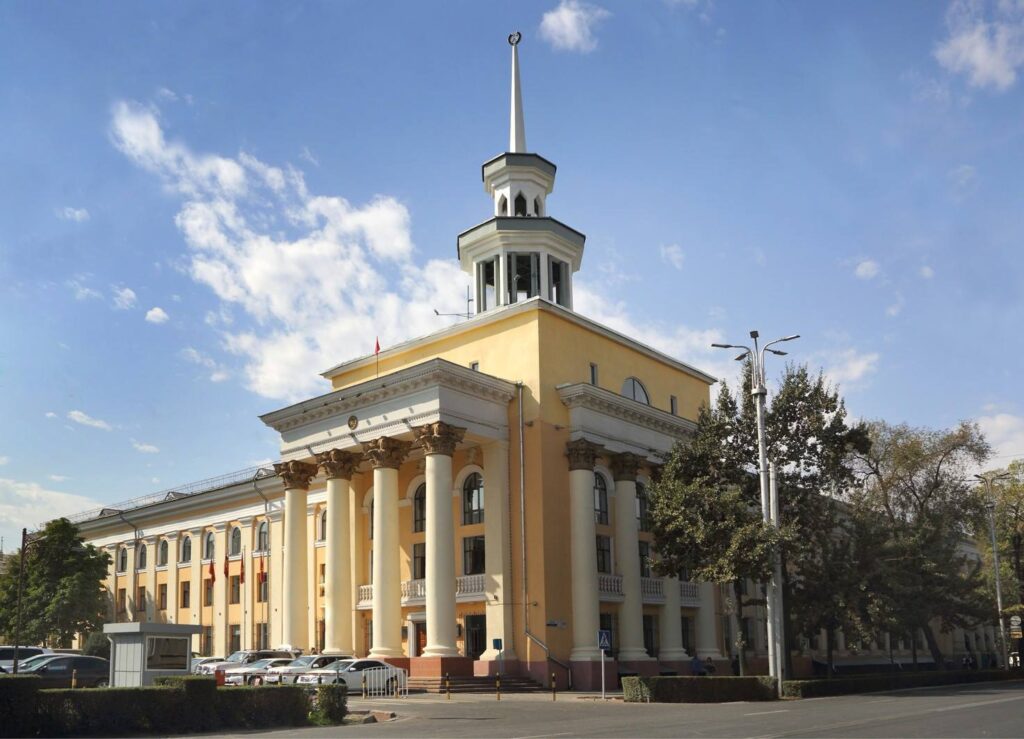DUSHANBE (TCA) — Tajikistan has received the first, US $20 million tranche of the financial credit from the Eurasian Fund for Stabilisation and Development (EFSD) managed by Eurasian Development Bank (EDB). The tranche was extended as a result of the country’s compliance with all the conditions precedent for its provision set forth by the Resolution of the EFSD Council dated 8 December 2015 and the Loan Agreement signed on 15 August 2016 between EDB and the Republic of Tajikistan, EDB said.
The EFSD Council is expected to consider the provision of the second, US $20 million tranche in the fourth quarter of 2017.
The mid-term expectations are that the optimisation of customs and tax preferences (by improving the transparency of information about respective rates and abandoning inefficient preferences) will help to support the public budget significantly. This optimisation is the key condition for the provision of the second tranche of the credit, also totalling US $20 million. The date for checking compliance with the conditions of the second tranche will be determined during the Resources Manager’s visit to Tajikistan scheduled for early September 2016.
Eurasian Development Bank (EDB) is an international financial institution founded by Russia and Kazakhstan in 2006 with the mission to facilitate the development of market economies, sustainable economic growth, and the expansion of mutual trade and economic ties in its member states. EDB’s charter capital totals US $7 billion. The member states of the Bank are Armenia, Belarus, Kazakhstan, Kyrgyzstan, Russia, and Tajikistan.
The Eurasian Fund for Stabilisation and Development (EFSD) amounting to US $8.513 billion was formed in 2009 by the governments of the six countries. The objectives of the EFSD are to assist its member countries in overcoming the consequences of the global financial crisis, ensure their economic and financial stability, and foster integration processes in the region. The EFSD member countries signed the Fund Management Agreement with EDB, giving it the role of the EFSD Resources Manager.









